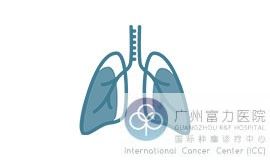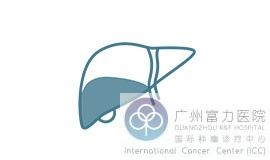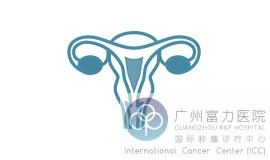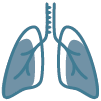Causes of Lung Cancer
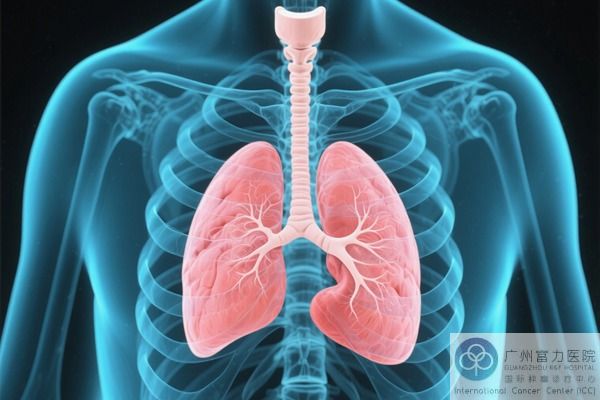
The causes of lung cancer are complex and involve many factors, mainly including the following categories:
1. Smoking
Active smoking: Smoking is the main cause of lung cancer, and about 85% of lung cancer is related to smoking. Carcinogens in tobacco (such a s benzopyrene and nitrosamines) can directly damage lung cells.
Passive smoking: Long-term exposure to secondhand smoke will also increase the risk of lung cancer.
2. Environmental exposure
Air pollution: Long-term exposure to polluted environments such as industrial exhaust and automobile exhaust may increase the risk of lung cancer.
Occupational exposure: People who are exposed to carcinogens such as asbestos, arsenic, chromium, nickel, cadmium, and radon gas (such as miners and construction workers) have a higher incidence of lung cancer.
Radon: A colorless and odorless radioactive gas. Long-term exposure to high concentrations of radon is an important risk factor for lung cancer.
3. Genetic factors
Family history: People with a family history of lung cancer have a higher risk of the disease, which may be related to genetic susceptibility.
Gene mutation: Certain gene mutations (such as EGFR, ALK, KRAS) may increase the risk of lung cancer.
4. History of lung disease
Chronic lung disease: Such as chronic obstructive pulmonary disease (COPD), tuberculosis, pulmonary fibrosis, etc., may increase the risk of lung cancer.
Lung scarring: Scar tissue left by previous lung infection or injury may develop into lung cancer.
5. Lifestyle
Dietary factors: A diet lacking fresh vegetables and fruits may increase the risk of lung cancer.
Lack of exercise: A sedentary lifestyle may indirectly increase the risk of disease.
6. Other factors
Age: The incidence of lung cancer increases with age, and is more common in people over 50 years old.
Gender: The incidence of lung cancer in men is higher than in women, but the risk of female smokers is increasing.
History of radiation therapy: People who have received chest radiation therapy (such as breast cancer radiation therapy) may have an increased risk of lung cancer.
7. Molecular mechanism
Gene mutation: The occurrence of lung cancer is related to a variety of gene mutations, such as EGFR, ALK, ROS1, etc.
Epigenetic changes: Epigenetic changes such as DNA methylation and histone modification may also be involved in the occurrence of lung cancer.
Preventive measures
Quitting smoking: Quitting smoking is the most effective measure to prevent lung cancer.
Reduce exposure: Avoid contact with carcinogens, such as asbestos, radon gas, etc.
Healthy diet: Eat more foods rich in antioxidants, such as vegetables and fruits.
Regular screening: High-risk groups (such as long-term smokers) should undergo regular low-dose CT screening.
Summary
The causes of lung cancer involve smoking, environmental exposure, genetic factors, lifestyle and other aspects. Understanding these risk factors and taking preventive measures can effectively reduce the risk of lung cancer. If you have further questions, please consult a professional doctor.
Use precise technology to create more possibilities for life.
The Cancer Center of Guangzhou R&F Hospital has opened an era of "chemotherapy-free survival" for cancer patients, winning a lasting victory for life. If you or your family are facing difficulties in cancer treatment, please contact the Guangzhou R&F Hospital Cancer Center. We offer multilingual medical history consultations, contact us today to get an assessment of your treatment eligibility.
Contact Us:
email: rfcancercenter@gmail.com |
WhatsApp: +86 18565157271










